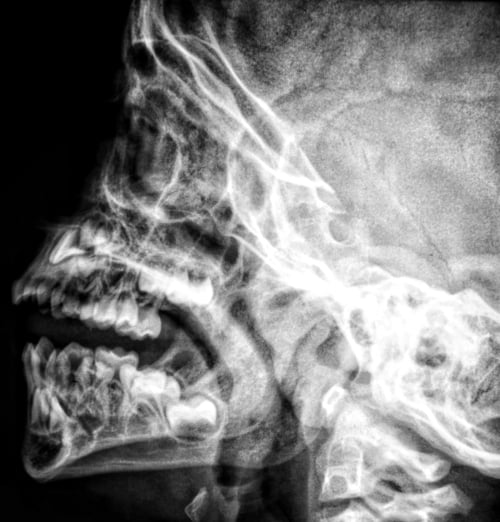When it comes to a stroke, every minute counts to help reduce the damage that can be caused. Learn what to watch for and help save a life - maybe even your own.

What is a stroke?
A stroke happens when the blood supply to the brain is interrupted to the point that brain cells are deprived of the oxygen they require to function properly.
Who can it affect?
Anyone, including children, can become the victim of a stroke at any time.
What are the risk factors?
There are several lifestyle risks that can contribute to your chance of having a stroke.
- Eating an unhealthy diet can increase your chances of having a stroke. A diet low in fat and salt while high in fibre lowers your risk of having a stroke - as always a balanced diet that contains plenty of fruit and vegtables is key.
- Lack of exercise, especially combined with an unhealthy diet, can significantly add to the risk of having a stroke. Regular physical activity, at least a total of 150 minutes per week, such as cycling or a brisk walk each day, can help keep you stay healthy. As an added benefit, it can help to reduce your risk of heart disease, control your weight, reduce your cholesterol and blood pressure and help improve your your overall mental health.
- Smoking. While never a good idea, smoking can raise you risk of having a stroke - in fact, quitting smoking can benefit your heart, lungs and your overall health in general - not to mention the benefit it will bring to your wallet.
- Alcohol. Drinking more than the recommended guideline can contribute to your risk of having a stroke as well as cause other issues such as weight gain, abnormal heart rhythms, high blood pressure, liver problems and more.
- If you have been diagnosed with a condition that is known to elevate your risk to having a stroke, it's important that you talk to your doctor about lifestyle changes you should take to not only help control your condition but that will also help prevent the risk of having a stroke.
Signs and symptoms
By knowing the signs and symptoms of a stroke you'll be better prepared to take quick and decisive action that could help reduce the damage or even save a life. The simplist way to remember the most common signs of stroke, and how you should respond, is by the use of the acronym F.A.S.T.:
If you suspect that someone may be suffering from a stroke do the following simple test:
- F: Face - they may be unable to smile, their mouth or eye may have drooped or their face may have dropped on one side
- A: Arms - the person may suffer from weakness or numbness in one of their arms and may not be capable of lifting both arms and holding them in place without one drifting downwards
- S: Speech - their speech may be slurred, garbled or they may not be able to speak at all - they may also have difficulty in understanding anything you're saying to them
- T: Time - if you notice any of these signs or symptoms, call emergency services immediately and ask for an ambulance
Remember, even if the symptoms go away after only a few minutes, you may have had a "mini-stroke" known as a transient ischemic attack (TIA), which is a sign of a serious condition that will still need the intervention of medical help.